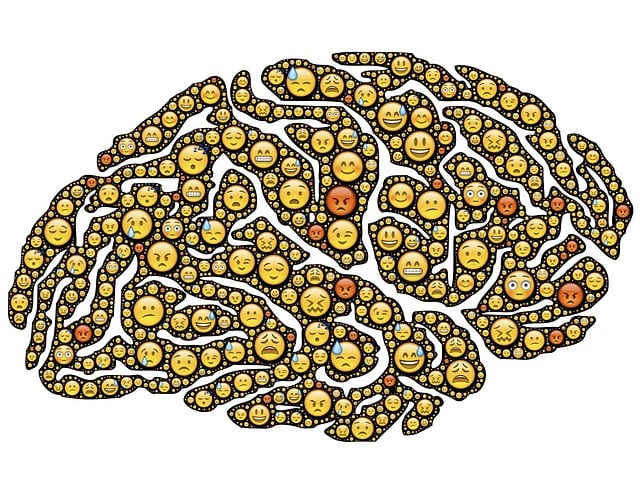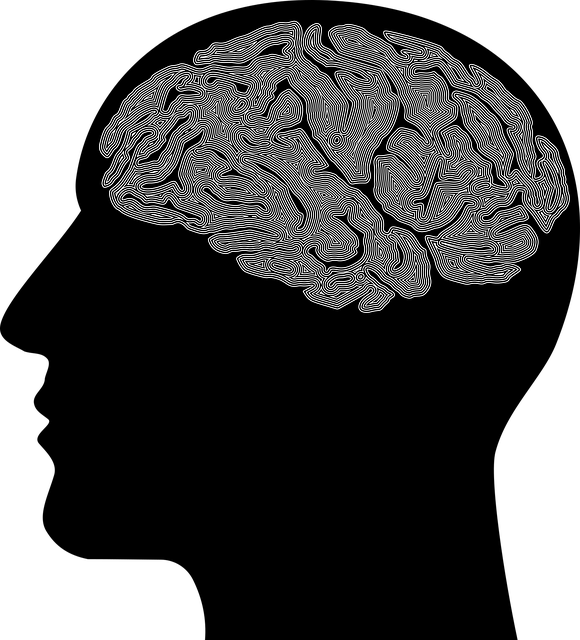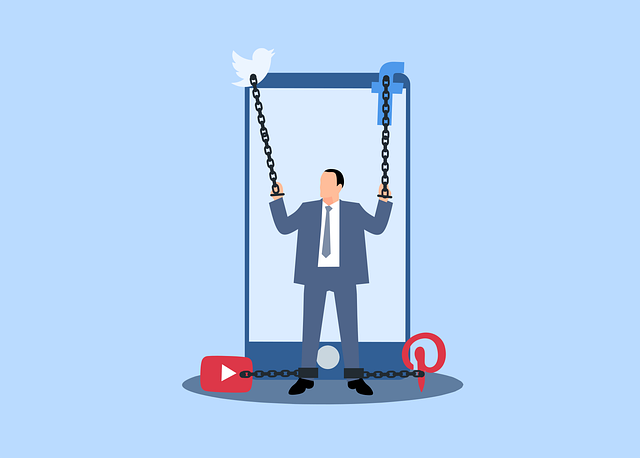Mindfulness meditation is a powerful tool recommended by Boulder ADD-ADHD Therapy to manage symptoms of Attention Deficit Disorder (ADD) and Attention Deficit Hyperactivity Disorder (ADHD). By focusing on the present moment without judgment, individuals can improve emotional well-being, social skills, focus, and emotion regulation. A calm, distraction-free space and consistent daily practice for 10-15 minutes are key to establishing a mindfulness routine. Techniques like breathing exercises and visualization can deepen the practice's benefits, offering crisis intervention, stress reduction, trauma support, and improved concentration tailored to individual needs in Boulder.
Discover the transformative power of mindfulness meditation with Boulder ADD-ADHD Therapy. This practice offers a calming approach to managing symptoms, promoting focus, and reducing stress for those with ADD/ADHD. Our guide provides practical steps to get started, from setting up your dedicated space to mastering techniques that enhance each session. Learn how mindfulness can be a game-changer in managing your mental health journey.
- Understanding Mindfulness Meditation for ADD-ADHD
- Setting Up Your Mindfulness Practice
- Techniques and Tips for Effective Meditation Sessions
Understanding Mindfulness Meditation for ADD-ADHD

Mindfulness meditation has emerged as a powerful tool to support individuals with Attention Deficit Disorder (ADD) and Attention Deficit Hyperactivity Disorder (ADHD). In Boulder ADD-ADHD Therapy, this practice is often recommended as part of a comprehensive treatment plan. Mindfulness involves paying attention to the present moment without judgment, allowing individuals to observe their thoughts and feelings without getting overwhelmed by them. This simple yet profound act can significantly enhance emotional well-being promotion techniques for those dealing with ADD/ADHD symptoms.
For healthcare providers focusing on burnout prevention strategies, incorporating mindfulness into treatment routines is a strategic move. It helps patients develop better social skills training and improves their ability to focus and regulate emotions. Through regular meditation practice, individuals with ADD/ADHD can learn to navigate their minds more effectively, leading to improved concentration, reduced impulsivity, and enhanced overall functioning in daily life.
Setting Up Your Mindfulness Practice

Setting up a mindfulness meditation practice can be transformative for individuals seeking to manage symptoms associated with ADD-ADHD in Boulder. It’s a journey that begins with creating a dedicated space, free from distractions, where you can focus on your breath and the present moment. Consider turning off notifications, dimming the lights, and arranging your seating comfortably—this environment should encourage stillness and reflection.
Regularity is key; aim to practice for just 10-15 minutes each day. Start with simple breathing exercises, focusing on inhales and exhales, allowing self-awareness exercises to boost confidence and provide crisis intervention guidance. Over time, you can explore various mindfulness techniques, tailoring your practice to best support your unique needs.
Techniques and Tips for Effective Meditation Sessions

Meditation is a powerful tool for managing symptoms associated with ADD-ADHD and enhancing overall mental health awareness. To make your practice effective, consider incorporating specific techniques into your routine. Start by finding a quiet space where you won’t be disturbed. Set a timer for a duration that works best for you, whether it’s 10 minutes or an hour. Focus on your breath, observing its natural rhythm without trying to control it. When thoughts arise, gently bring your attention back to your breath.
Visualisation and progressive muscle relaxation are valuable techniques to explore. Imagine yourself in a peaceful setting, engaging all your senses. Alternatively, slowly tense and release different muscle groups in your body to promote deep relaxation. Regular practice can build resilience and provide trauma support services, allowing for greater mindfulness and improved focus.
Mindfulness meditation, as a practice, can be a powerful tool for managing symptoms of ADD-ADHD in Boulder. By understanding its foundational principles and implementing effective techniques, individuals can navigate their mental landscapes with greater focus and calmness. Whether you’re just starting or looking to enhance your current practice, the strategies outlined in this guide offer a roadmap towards a more mindful—and potentially life-changing—journey. Embrace these practices and discover how mindfulness meditation can help you cultivate a deeper sense of awareness and well-being.











